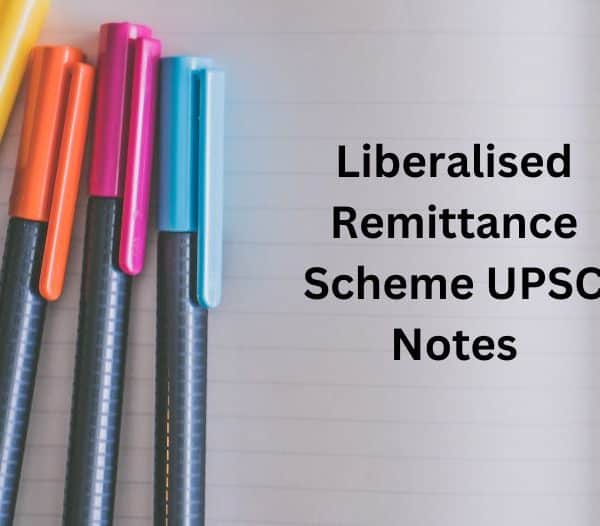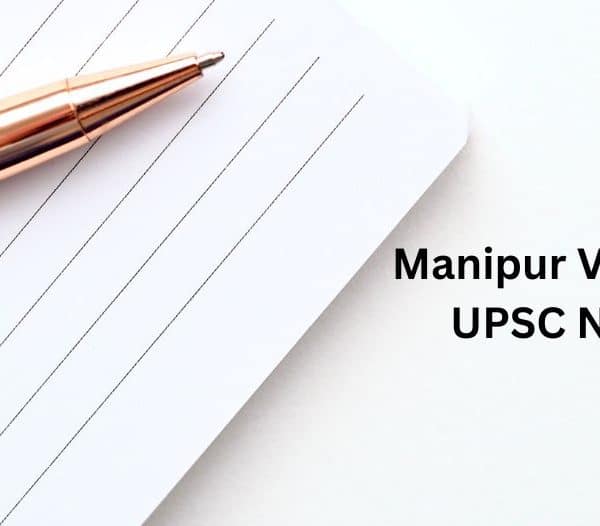The significance of Current Affairs in this prestigious Civil Services Examination is reflected in the majority of the Current Affairs-oriented questions asked in UPSC Prelims and Mains examination. Current Affairs is a major cause of worry for UPSC aspirants. It is quite a dynamic section of the UPSC syllabus and demands constant updating.
A well-thought-out plan for Current Affairs can give you a clear advantage over other competitors. This article will answer questions such as how to read current affairs for UPSC prelims? How much to read current affairs for UPSC? When to start current affairs for IAS? How to do current affairs in the most efficient format and pick the most relevant news?
Other Sources For Current Affairs
How to prepare current affairs for UPSC without reading newspapers? Apart from Newspaper reading, it is good to follow a few magazines for UPSC Exam Preparation. Good fodder points can be picked up from the articles in such magazines which will be of help while writing mains answers.
UPSC has also picked up a few questions for Prelims directly from magazines such as Yojana. You can read the Gist of Yojana, Kurukshetra, and Economic and Political Weekly to accelerate your preparation. Daily News Analysis, The Hindu Video Analysis, Current Affairs Magazine are some of the important sources.RSTV debates give you in-depth coverage of the important national and international affairs that shape India. It is one of the best sources for Mains exam preparation.
Analyzing the News to know What is Needed For UPSC
You can refer to Daily news analysis for it. Usually, you should follow the following approach while analyzing the news.
Context of the news: Why something is in the news?
- Background facts
- Government initiatives
- Benefits, concerns, and challenges
- Way forward
Topics to pay attention to:
- The news which is related to the UPSC Syllabus
- News those are of National and International importance
- Administration related matters
- Economy and business matters
- Editorials
- Science and Technology
- Environment
- Biodiversity
- Disasters
When to Start Current Affairs for IAS Preparation?
The question should actually be “How many months of current affairs for IAS Prelims are required?” Usually, we advise candidates’ to start their preparation a year before, in a similar way, we recommend covering the issues in the news from 18 months or at least 12 months prior to the UPSC Exam. Aspirants have a tough time deciding what news items to read and what to avoid while preparing for the UPSC exam. This is where the guidance of experts will come in handy.
Also Read: How To Study Current Affairs For UPSC CSE?
UPSC Guru App and Other Mobile Apps for Current Affairs
Now, out of all the noise, how do you select the Current Affairs relevant for the IAS exam? Instead of spending a lot of time deciding which Current Affairs to read and study, and then making notes on them; what if you can get the daily news analyzed and dissected especially for the IAS exam? How to read current affairs compilation for UPSC that has been specially curated by experts? This is exactly what the UPSC Guru App does for you.
Apart from this some of the other apps are:
- Civilsdaily
- The Hindu App
- Insights on India
General Preparation Tips For Current Affairs
- Have a clear idea of the UPSC syllabus before starting your preparation so that when you read the newspaper, you know what is related to the syllabus and what is not.
- Read-only the exam-relevant articles and editorials.
- Remember you are reading the paper with the clear aim of clearing the UPSC civil services exam do not get tempted and waste time on topics that interest you but aren’t relevant.
- Make notes as and when you read the newspaper. Your notes should be crisp and relevant.
- You don’t have to go in-depth in most cases. You only have to understand the basic problem, the key figures and people involved, the policy/law related to it, and the implications of the same for the country and society.
- When you read editorials you must note down the positive and the negative sides to an issue. You must include points from multiple perspectives.
- Try to classify what you read into categories like geography, polity, economics, environment, ecology, science, and technology, etc.
- Write in your own words.
- Be serious about your newspaper reading time.
Also Read: Tips To Tackle Current Affairs For UPSC The Complete Guide
Conclusion
To prepare for the UPSC’s current affairs, candidates should have conceptual clarity, which they can acquire only by referring to NCERT Books an essential source required to start with the UPSC Exam Preparation. It is advised to the aspirants to keep the UPSC syllabus next to them while reading the newspaper and notes of the static part of the syllabus as whenever they come across any issues in the news then all they have to do is look for the syllabus keyword in the news then highlight it in their notes of the static part and correlate it.






